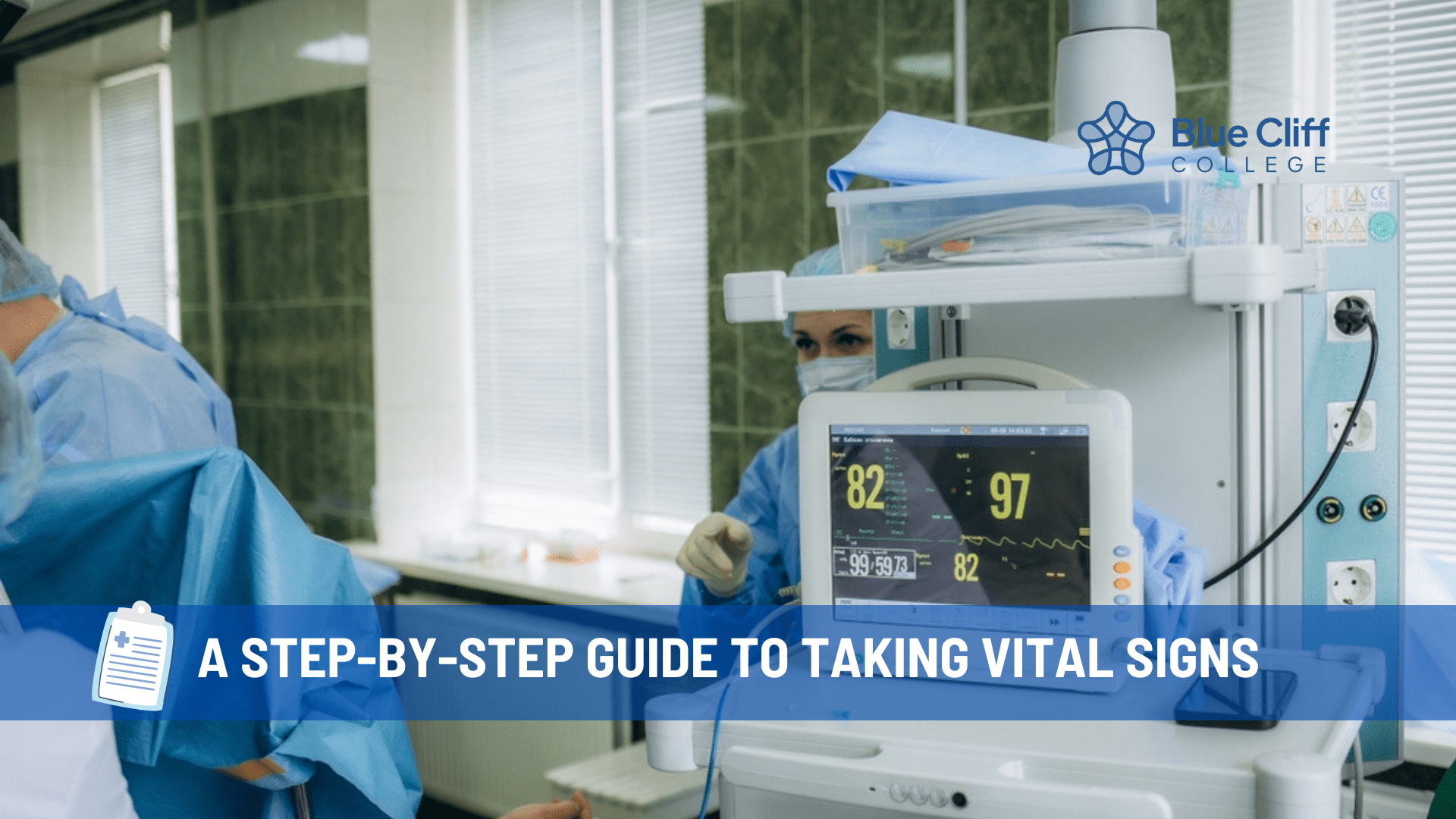Right now, there is a great demand for healthcare professionals. Clinical Medical Assistants are an integral part of healthcare teams and there is a need for many more in a variety of settings. Per the U.S Bureau of Labor Statistics (BLS), medical assistant jobs are expected to see an 18% growth from 2020 to 2030¹.
Clinical Medical Assistants need to have a clear set of skills that make them effective in performing the job functions required to keep healthcare facilities running smoothly. These skills would apply in a variety of healthcare settings, such as physicians’ offices, nursing homes, hospitals, and more. If you are thinking about a career as a Clinical Medical Assistant, learning these skills through a Clinical Medical Assistant training program can help you achieve this goal. Here are five skills that you should learn while training to become a Clinical Medical Assistant.
Take the first step in your career journey today!
1. Communication Skills
Clinical Medical Assistants are on the front lines of patient care and spend a lot of time interacting with patients. Usually, the Clinical Medical Assistant meets with the patient prior to the physician, and they need to be able to effectively communicate the patients’ needs and issues to the physicians. It’s exceptionally important that the Clinical Medical Assistant have good listening skills and can keep patients calm and comfortable, as well as being able to explain medical conditions and terms in a way that their patients understand. Showing compassion is also another critical part of a Clinical Medical Assistant’s job, particularly when patients are feeling anxious or are in pain.
2. Knowledge of Medical Terms
Understanding basic medical terminology is important for Clinical Medical Assistants, as they will hear and articulate these terms as part of their job. Basic knowledge of anatomy and physiology, pharmaceuticals, medical procedures, lab tests and results, and triage knowledge to help understand patient symptoms and potential illnesses and injuries is critical for Clinical Medical Assistants.
3. Medical Skills
While Clinical Medical Assistants don’t need to possess as much medical knowledge as a physician or a nurse, they are expected to have medical skills in order to assist with patient care. Examples of medical tasks Clinical Medical Assistants perform could include procuring samples from patients for lab tests, dressing and cleaning wounds, completing medical history questionnaires, and more. Clinical Medical Assistants are also required to have an understanding of safety measures, infection control, sterilization, and other basic medical knowledge in order to work in a healthcare facility.
4. Computer Skills
Most healthcare facilities use software to manage patients’ information, charts, test results, appointments, and more. Clinical Medical Assistants usually work with these software programs as part of their daily tasks. Familiarity with this type of software and some computer skills are required in order to work as a Clinical Medical Assistant. A Clinical Medical Assistant training program should include instruction in computer fundamentals of standard software programs such as MS Word, Excel, etc.
5. Administrative Skills
In some instances, Clinical Medical Assistants may be responsible for certain administrative tasks. These tasks could include scheduling and confirming appointments, maintaining patient records and test results, billing, and other tasks related to an office, such as ordering office supplies, etc.
Start Your Clinical Medical Assistant Training at Blue Cliff College
The Clinical Medical Assistant training program at Blue Cliff College can teach you the skills needed to excel in your future position as a Clinical Medical Assistant. With the help of our faculty and fully equipped medical labs, students could have the opportunity to receive hands-on training on how to handle medical procedures. Our Clinical Medical Assistant school could help give you the skills, training, and knowledge needed to build your resume as a Clinical Medical Assistant.
Don’t delay! Classes start every 6 weeks! Get Started Today!
Sources:
- Bureau of Labor Statistics, U.S. Department of Labor, Occupational Outlook Handbook, Medical Assistants, at https://www.bls.gov/ooh/healthcare/medical-assistants.htm





